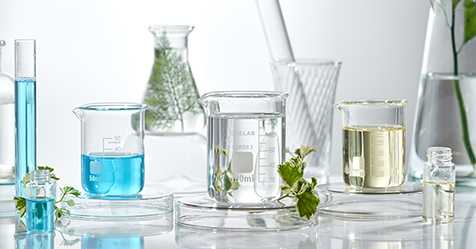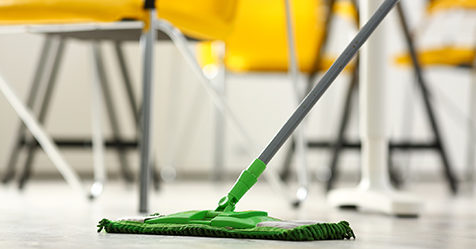Follow Precautions When Cleaning Rodent-Infested Buildings
Rodent saliva and droppings can spread a viral infection that leads to respiratory disease
As facility managers take advantage of the warm weather to clean out storage sheds and other outdoor buildings that have been closed for the winter, safety authorities are reminding them to protect themselves against hantavirus pulmonary syndrome (HPS), a viral infection spread by rodents.
HPS can cause severe lung disease. Infected rodents spread the virus in their urine, droppings, and saliva, according to the U.S. Centers for Disease Control and Prevention (CDC). The virus is transmitted when someone breathes in air contaminated by the virus and, on rare occasions, is bitten by an infected rodent.
CDC officials offer the following tips for cleaning rodent-infested buildings:
- Ventilate the building for at least 30 minutes by opening doors and windows
- Use wet mopping methods and wear rubber or plastic gloves
- Wear goggles and a mask when cleaning a confined space contaminated with rodent droppings
- Use a bleach disinfectant to dampen areas contaminated with droppings and remove them with a damp cloth or mop
- Steam clean, spray, or shampoo upholstered furniture with a detergent disinfectant or use bleach and water
- Wash potentially contaminated clothes and bedding with hot water
- Avoid dry cleaning methods, like vacuuming, dusting, sweeping, or air hosing.
Learn which pests to watch for in your facility during the warm weather months.


